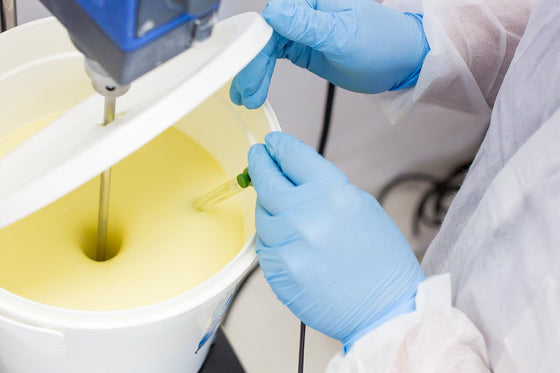Medicinal cannabis products are legal, high quality medicines that can be prescribed for people by their doctor. Medicinal cannabis is derived from cannabis plants and can be used to treat the symptoms of certain medical conditions, and the side effects of some treatments.
The use of cannabis as medicine has not been rigorously tested due to production and governmental restrictions, resulting in limited clinical research until very recently. Preliminary evidence suggests that cannabis can reduce nausea and vomiting during chemotherapy, improve appetite in people with HIV/AIDS, reduces chronic pain and muscle spasms, severe forms of epilepsy, depression, anxiety, and insomnia.
There are tight regulations on medicinal cannabis. Medications containing tetrahydrocannabinol (THC) are classified as dangerous drugs and placed in the same category as medicines like morphine and Ritalin. The tight restrictions make prescribing and access difficult and as such our pharmacy works only with cannabidiol, a medication that can be freely prescribed by a registered medical practitioner.
Cannabidiol is one of the major cannabinoids found in most medical cannabis products. It is a non-psychoactive drug that does not create intoxication or motor impairment often associated with THC. It is not considered addictive or habit-forming, will not trigger road-side drug testing, and is generally safe and well tolerated with few clinically significant interactions with other medications. There is no recreational potential with cannabidiol.
The World Health Organisation released a review on cannabidiol in 2018. It reported “CBD is generally well tolerated with a good safety profile” and that “To date, there is no evidence of recreational use of CBD or any public health-related problems associated with the use of pure CBD”. Review linked here.
New patients or short-term use increases the risk of adverse effects with cannabidiol. The dose is generally started low and adjusted according to symptom response. This also helps manage adverse effects. Common side effects include dizziness, feeling tired, vomiting, and hallucinations. These are generally transient and improve as the dose is adjusted.
Cannabidiol is most commonly prescribed for conditions that involve inflammation or pain, and increasingly anxiety and insomnia.
As a new type of anti-inflammatory with analgesic activity cannabidiol is frequently used as an add-on treatment for pain management, especially difficult to treat neuropathic pain. Conditions where pain is associated with inflammation or injury such as rheumatoid or osteoarthritis, chronic fatigue syndrome, regional pain syndrome, and multiple sclerosis are frequently prescribed cannabidiol in addition to other medications.
Cannabidiol in sleep disorders and anxiety has been studied in small human populations with good safety and results. It does not cause the morning drowsiness associated with typical hypnotics and has no potential for abuse, making it suitable for ongoing use.
For ongoing use cannabidiol is given orally twice daily. For patients using cannabidiol ‘as required’ for sleep or anxiety, less frequent use may suffice.
Cannabidiol is available as a single-ingredient by prescription from your medical doctor. If your doctor is unsure about the prescribing process they are free to call the pharmacy for advice.
Feel free to visit the pharmacy or call to discuss with our pharmacists any questions you may have.
Comments will be approved before showing up.


